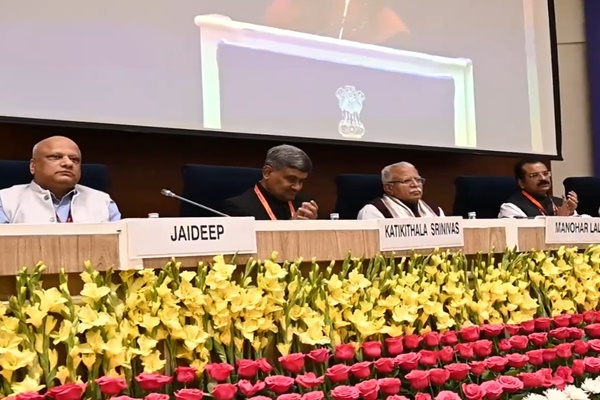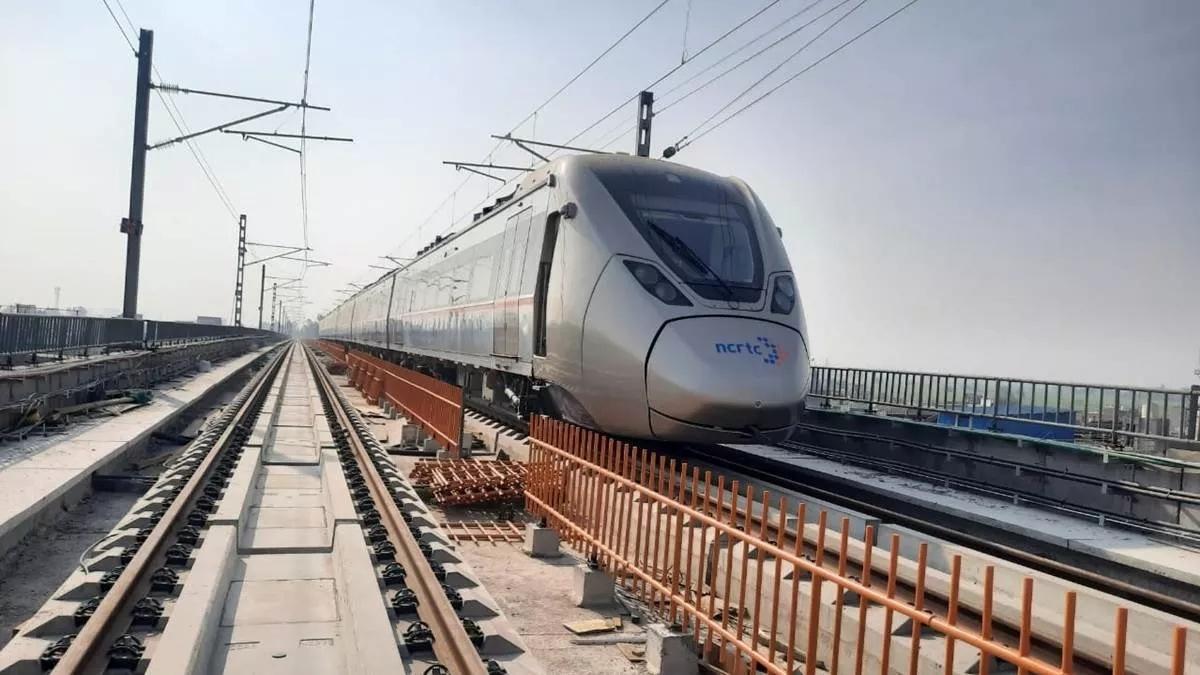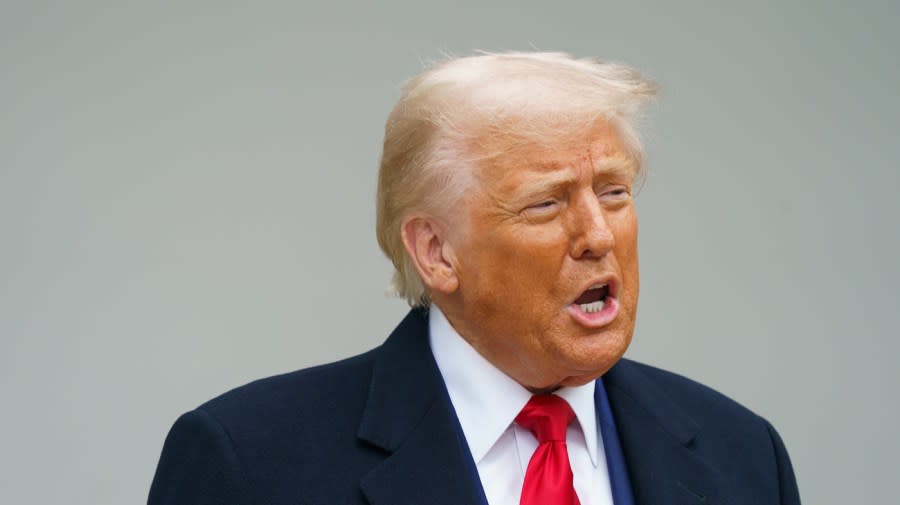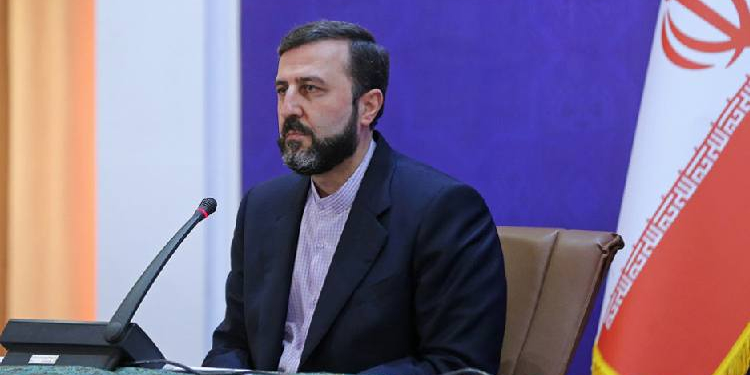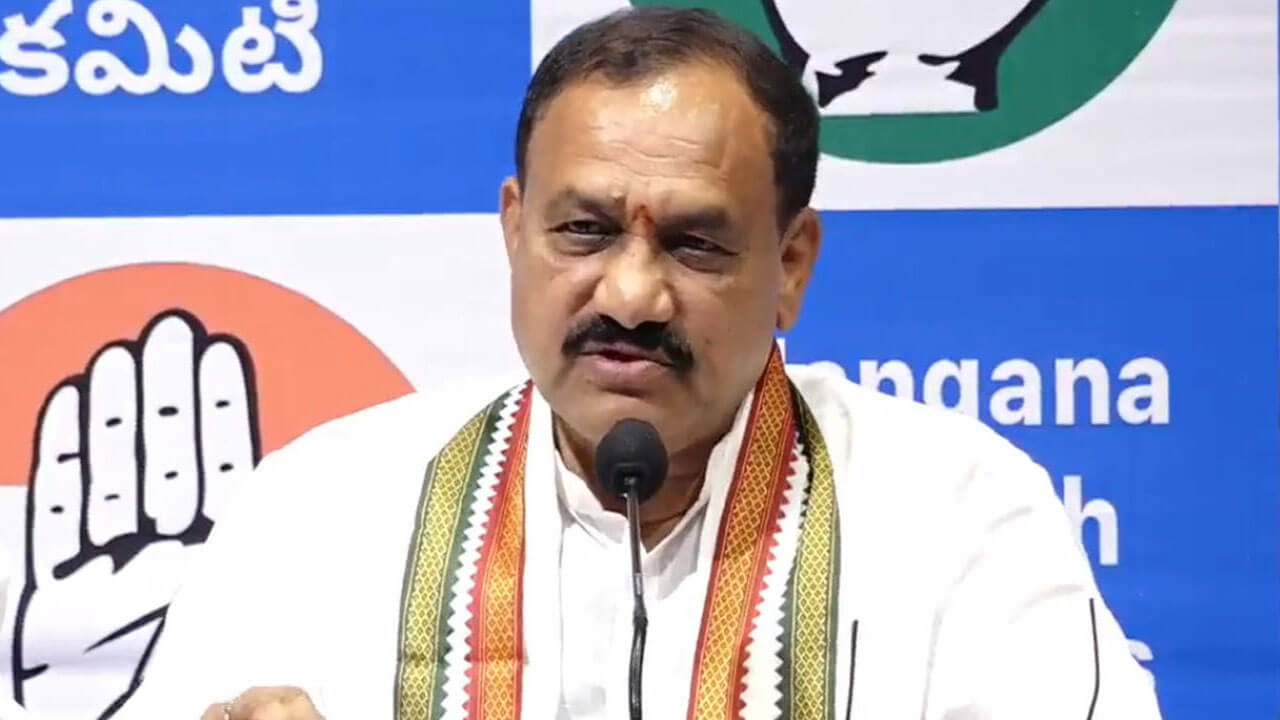PETA offers life-like mechanical elephant to Kerala mosque for rituals
Sat 11 Jan 2025, 00:10:21
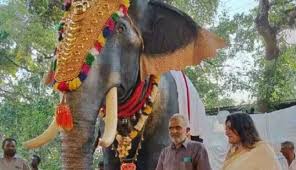
People for the Ethical Treatment of Animals (PETA) India has sent a letter to the authorities of a mosque in north Kerala, offering to donate a life-like mechanical elephant for use in religious ceremonies. The offer follows a recent incident during a religious procession at a mosque near Tirur, where an agitated elephant attacked and injured at least 24 devotees. PETA’s offer aims to ensure both community safety and compassionate celebrations.
In its letter, PETA India outlined its ongoing initiative to replace live elephants with mechanical ones, a movement that began in 2023. This initiative has seen positive results in South India, with the adoption of at least 12 mechanical elephants in temples across Kerala and Karnataka. PETA India donated seven of these life-size mechanical elephants to temples in recognition of their decision to refrain from owning or hiring live elephants.
“Elephants are wild animals and inherently unpredictable, especially in large, noisy crowds. Anything can trigger an elephant, which can make them attack,” said Farhat Ul Ain, Senior Advocacy Officer at PETA India. She added that such incidents underscore the urgency to consider
alternatives such as mechanical elephants, ornate palanquins, and chariots, which can preserve the cultural grandeur of processions without putting either humans or animals at risk.
alternatives such as mechanical elephants, ornate palanquins, and chariots, which can preserve the cultural grandeur of processions without putting either humans or animals at risk.
The mechanical elephants offered by PETA are three meters tall, weigh 800 kg, and are made from a combination of rubber, fibre, metal, mesh, foam, and steel. Running on five motors, these mechanical elephants mimic the movements of real elephants. They can shake their heads, move their ears and eyes, swish their tails, lift their trunks, and even spray water, making them not only a realistic substitute but also an engaging one. The elephants can be mounted and a seat can be affixed to their backs, making them suitable for religious rituals and processions. To operate, the elephant is simply plugged in, and it can easily be moved around on a wheelbase.
PETA India has emphasised that this offer aligns with its broader mission to safeguard both animal welfare and community safety during religious events. With growing awareness and acceptance of mechanical alternatives, PETA hopes that more institutions will consider embracing these options in place of using live elephants for processions.
No Comments For This Post, Be first to write a Comment.
Most viewed from National
Most viewed from World
AIMIM News
Latest Urdu News
Most Viewed
May 26, 2020
Do you think Canada-India relations will improve under New PM Mark Carney?
Latest Videos View All
Like Us
Home
About Us
Advertise With Us
All Polls
Epaper Archives
Privacy Policy
Contact Us
Download Etemaad App
© 2025 Etemaad Daily News, All Rights Reserved.






